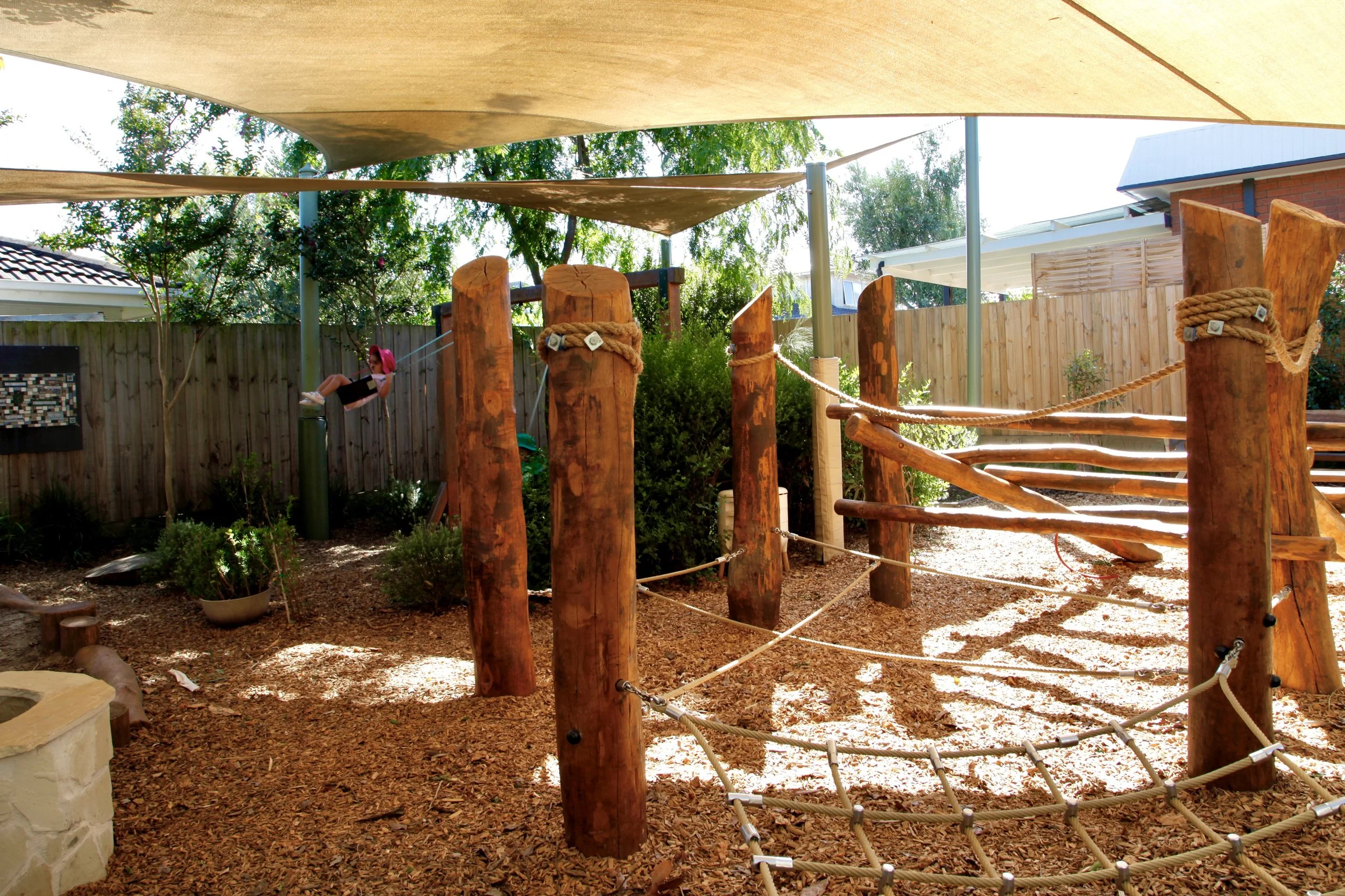Our Policies
To ensure the Kindergarten provides high quality programs and practices and meets required regulations and quality frameworks, the Committee of Management and Staff have developed Policy and Procedure Documents which guide all aspects of the Kindergarten’s operations. Policies particularly relevant for families can be found below.
We encourage families to familiarise themselves with our commitment to Child Safety.
It is also important that families are familiar with the Volunteer Guidelines.
Acceptance and Refusal of Authorisations
Anaphylaxis & Allergic Reactions
Child Safe Environment and Wellbeing
Dealing with Infectious Diseases
Dealing with Medical Conditions
Delivery and Collection of Children
Determining Responsible Person
Excursions, Regular Outings and Service Events
Governance and Management of the Service
Incident, Injury, Trauma and Illness
Nutrition, Oral Health, & Active Play
Occupational Violence and Aggression
Participation of Volunteers and Students
Prevention of Harassment and Bullying
Regular Local Community Excursions Risk Assessment
Road Safety and Safe Transport
Safe Use of Digital Technologies and Online Environments
Staff Grievances and Dispute Resolution
